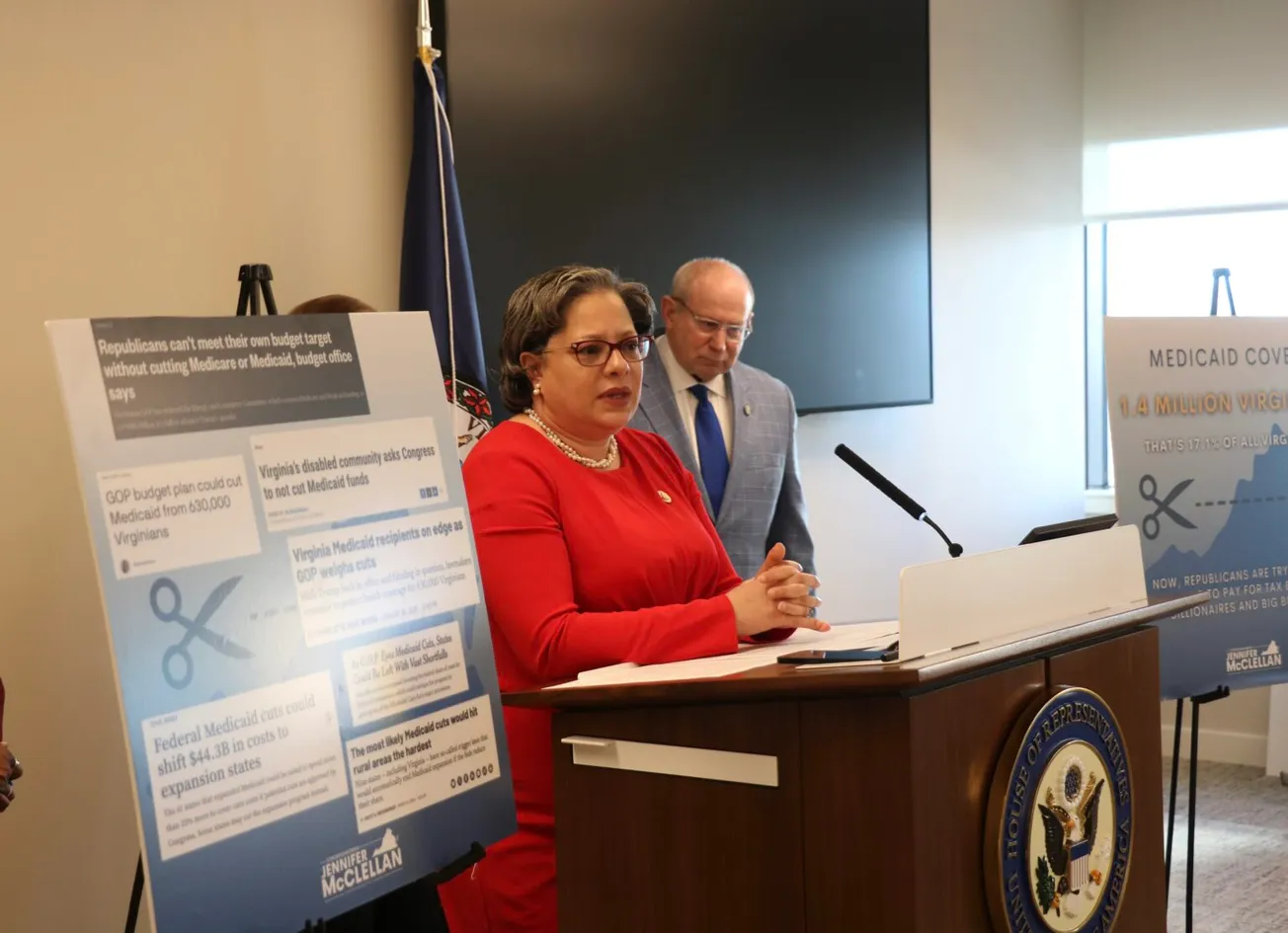Clock runs down on ACA subsidies as families brace for rising health-care costs
From NICU bills to postpartum care, advocates say lapsed tax credits could leave more than 100,000 Virginians without coverage and worsen maternal and infant outcomes

From NICU bills to postpartum care, advocates say lapsed tax credits could leave more than 100,000 Virginians without coverage and worsen maternal and infant outcomes
